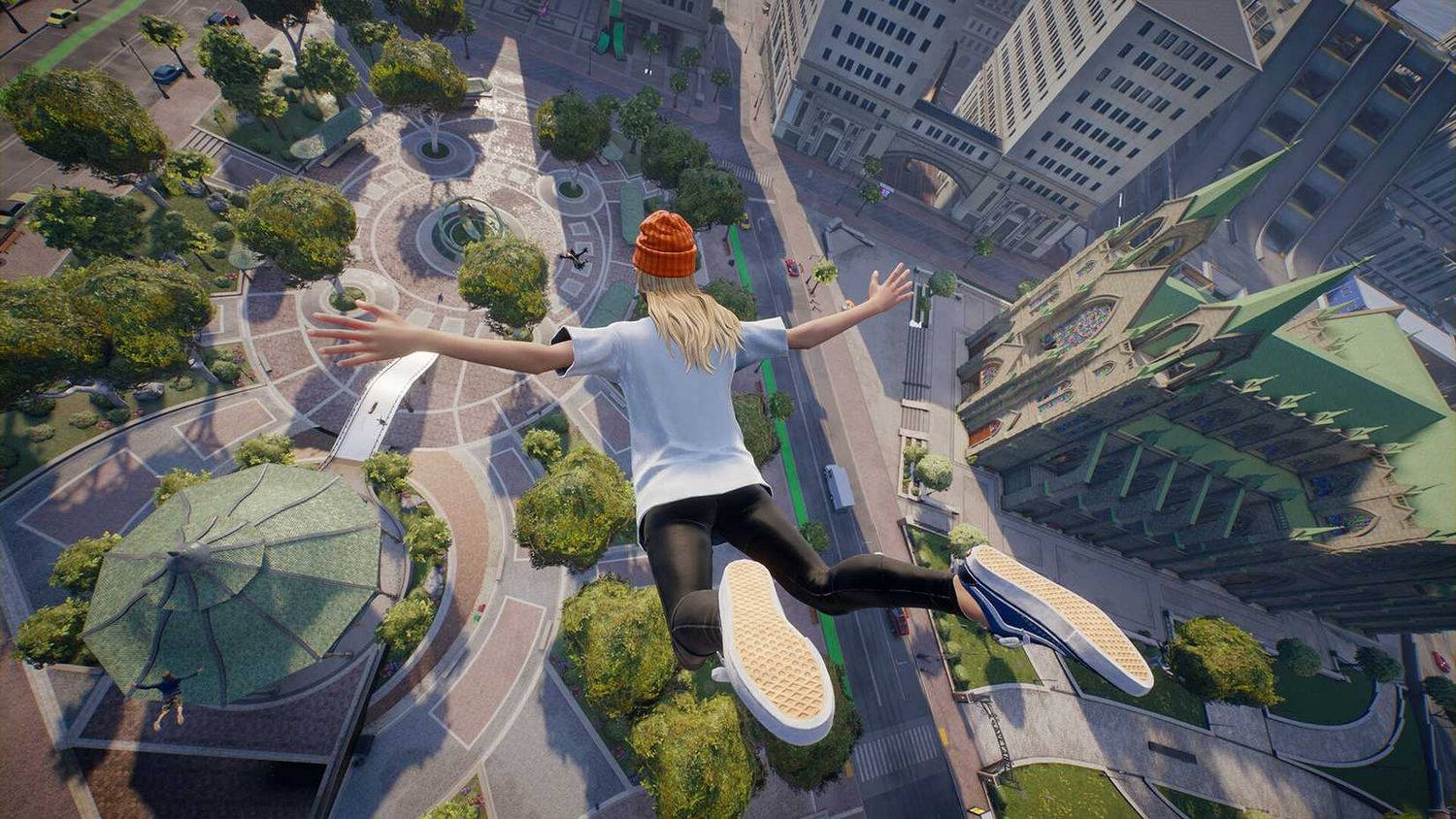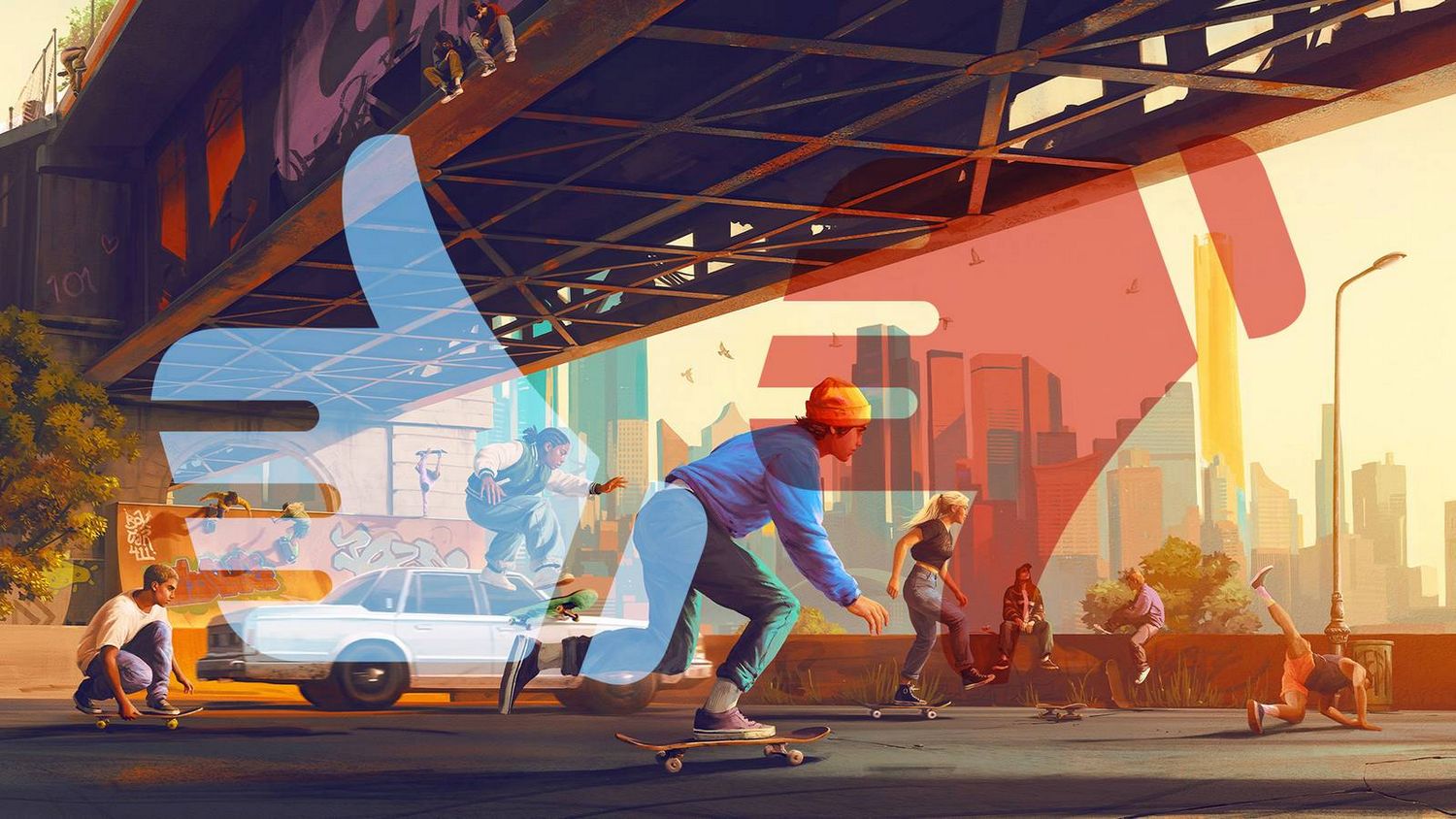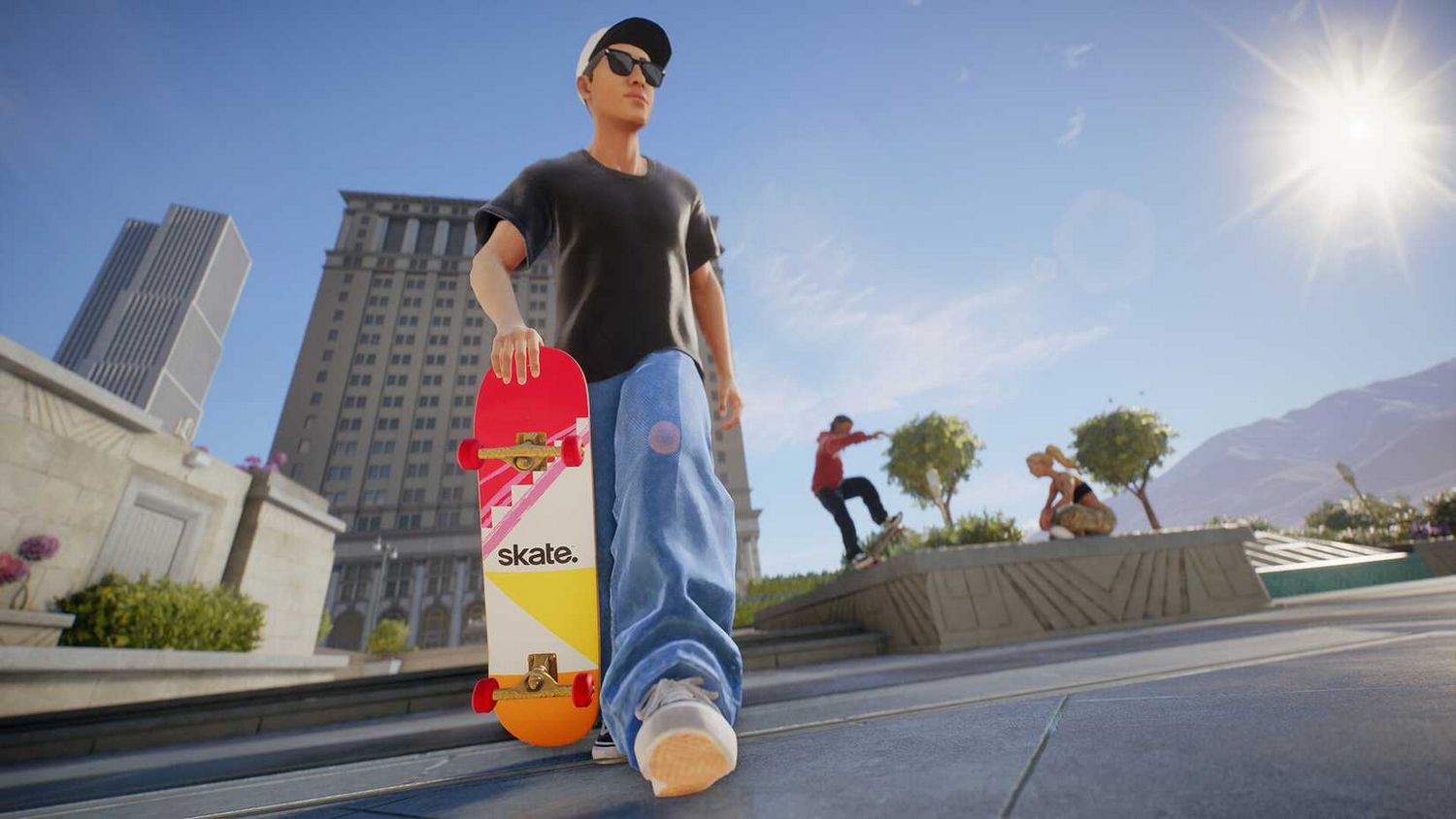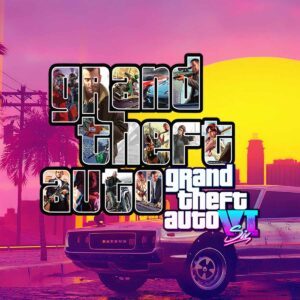The New ‘Skate’ Game Arrives to “Mixed Reviews” on Steam: Here’s Why
Popular Now
 Fall Guys
Fall Guys
 Gacha Club
Gacha Club
 Valorant
Valorant
 Rust
Rust
 Genshin Impact
Genshin Impact
 CarX Street
CarX Street
 Counter-Strike 2
Counter-Strike 2
 Free Fire Max
Free Fire Max
 Poppy Playtime
Poppy Playtime
 Brawl Stars
Brawl Stars
 After over a decade of anticipation, the long-awaited reboot of the beloved skateboarding franchise, simply titled skate., has officially launched in Early Access. However, the game’s release has been met with a “Mixed” user review score on Steam, a stark contrast to the high expectations of a devoted fan base. While many players are praising the core gameplay, the overall reception is being dragged down by a number of key issues, from missing features to a new live-service model that has left old-school fans feeling let down.
After over a decade of anticipation, the long-awaited reboot of the beloved skateboarding franchise, simply titled skate., has officially launched in Early Access. However, the game’s release has been met with a “Mixed” user review score on Steam, a stark contrast to the high expectations of a devoted fan base. While many players are praising the core gameplay, the overall reception is being dragged down by a number of key issues, from missing features to a new live-service model that has left old-school fans feeling let down.
The game, stylized as skate., has been a major point of discussion in the PC gaming community, and its free-to-play model was a major selling point. However, despite reaching a peak of over 80,000 concurrent players on its launch day, its current review score sits at around 46% positive, with a significant number of players citing a lack of content and a “soulless” feel as their main criticisms. This has sparked a wide-ranging debate about the game’s direction, with some fans defending it as a work in progress and others expressing frustration that the series has become a live-service cash grab.
The Core of the Controversy: Missing Content and New Direction
 The primary reason for the “Mixed” reviews stems from the stark difference between the new game and its predecessors, particularly Skate 3. Many of the features that defined the original series are notably absent, leading to disappointment among longtime fans. Key complaints include:
The primary reason for the “Mixed” reviews stems from the stark difference between the new game and its predecessors, particularly Skate 3. Many of the features that defined the original series are notably absent, leading to disappointment among longtime fans. Key complaints include:
- No Story Mode: Unlike the original games, which featured a story with a progression system and real-life pro skaters, the new skate. focuses on a multiplayer sandbox experience, which some find to be lacking in direction and a sense of purpose.
- Missing Game Modes: Fan-favorite game modes such as “Hall of Meat” (a mode dedicated to creative and brutal bail animations) and the competitive “S.K.A.T.E.” are not present at launch. Their absence is a major point of contention for players who grew up with the originals.
- Live-Service Focus: The game’s free-to-play model comes with microtransactions, and many players feel that the developers focused more on the in-game shop than on core gameplay features. One reviewer on Steam referred to it as a “soulless cash-grab with a fully functional cash shop inside a 7GB beta,” a sentiment echoed by many others.
- An Empty World: The game’s new city, San Vansterdam, is praised for its size but is also criticized for feeling empty and lacking the memorable, skateable locations from previous games. The world is described as being “gentrified” and lacking the vibrant, chaotic personality that defined the older titles.
The Positive Side: The Gameplay Is Still Top-Tier
Despite the criticism, a significant portion of the positive reviews agree on one key point: the core skating gameplay is fantastic. The game retains the signature “Flick-It” controls that made the original series so unique, and many players feel that the physics have been refined and improved for a modern audience. Clips of players pulling off wild stunts and finding new ways to traverse the world are going viral on social media platforms, demonstrating the game’s inherent charm and fun factor. The game also features cross-play and large 150-player servers, making it a truly social experience. The developer, Full Circle, has also confirmed an extensive roadmap for the game, with new features, events, and a “Skate Pass” planned for future updates.
 Early Access: The Ultimate Alibi?
Early Access: The Ultimate Alibi?
A crucial factor in this discussion is that skate. is in Early Access. Developers often use this period to get real-world feedback and improve the game over time. This fact is a major talking point in the review section, with some players arguing that it’s unfair to judge a game that isn’t a final product. However, others counter that the game’s core design—a live-service, multiplayer-focused experience—is a fundamental departure from the original series, and that no amount of future content will change that. Ultimately, this game represents a shift in the gaming landscape, moving from a self-contained, single-player-friendly experience to an always-online, evolving platform.
The success of the new skate. will depend heavily on the developer’s ability to listen to player feedback and implement meaningful changes. As it stands, the game is a tale of two halves: a fantastic, refined skating engine wrapped in a controversial and sparse live-service model. For players who are willing to overlook the missing content and embrace the new direction, the game offers a fun and rewarding experience. For others, it’s a painful reminder of what the series once was and a harbinger of a future that they don’t want to see.





